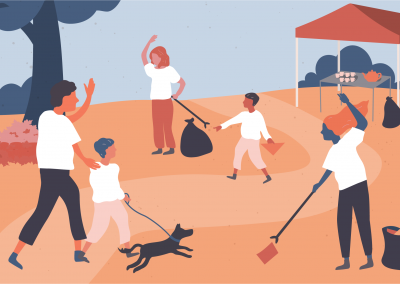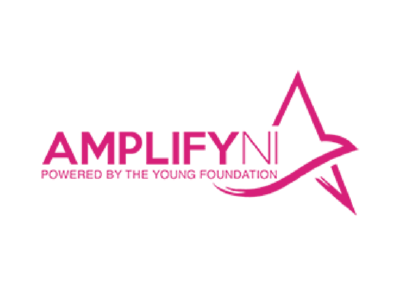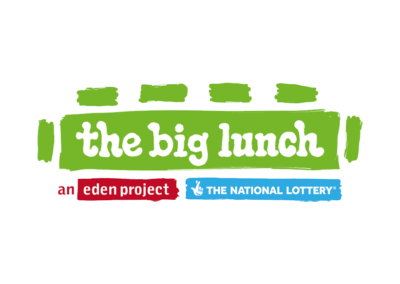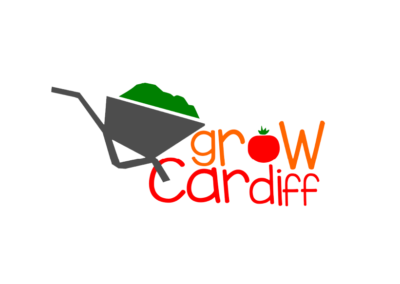Case study: Grow Well Cardiff
Tending Good Health Through Community Gardening
Introducing Grow Well Cardiff
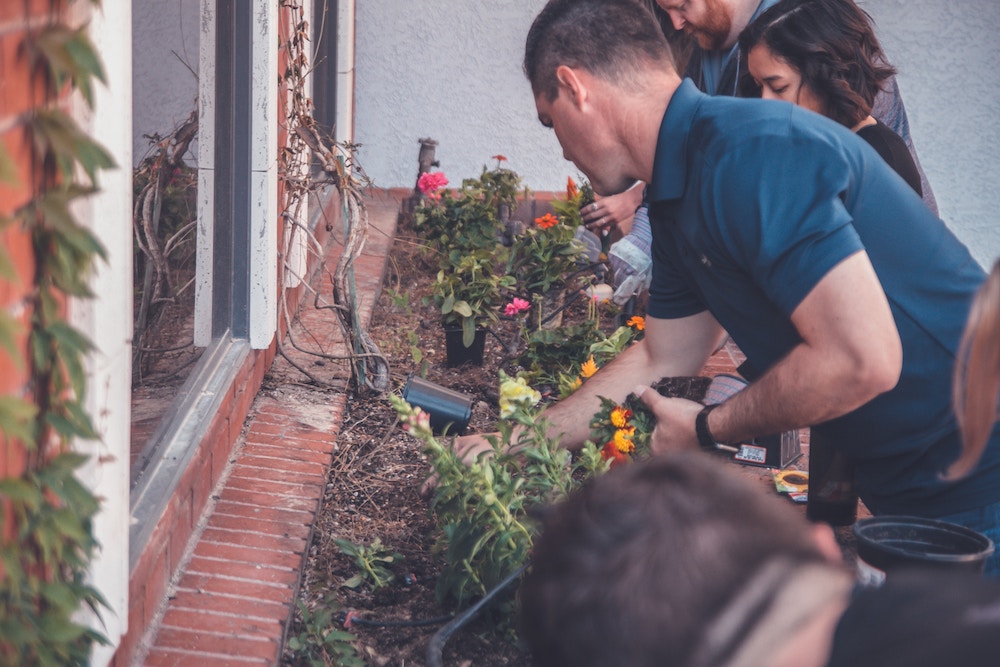
How does Grow Well work?
Once patients enter the garden gate, though, they become ‘volunteers’. Grow Well asks volunteers what they would like to do and help with, as opposed to what they need, or what problems they wish to address. Activity is framed positively. Grow Well finds this ‘asset-based approach’ is key.
It allows Grow Well to still meet needs and help with problems, whilst emphasising that everyone has something to give and share, and that there is an equal playing field between the newest volunteers and staff members. All are welcomed and valued.
Combined with the social interaction this entails, community gardens are designed to realise health and wellbeing benefits, along with cost savings, based on insights that:
- Interaction with nature brings various wellbeing benefits.
- Growing food results in health benefits and a deeper connection to the land.
- People with mental and physical health conditions face higher barriers to social activities.
What impact is Grow Well having?
Pre and post surveys indicated an improvement in wellbeing
Interviews indicated increased physical activity and fruit and veg intake
Interviews suggested reduced isolation and improvements in social connectedness
After the project, participants reported feeling more relaxed, useful and optimistic about the future
Estimated savings on statutory services per person, based on Welsh Government figures
What have we learned from Grow Cardiff?
A few things really stood out to us about Grow Cardiff about how to design for relationships:
Public spaces are often important in facilitating new relationships, and different types of space have different effects
Mutual relationships help improve wellbeing
Skills and training can help cultivate meaningful relationships
A better use of resources beats more use of resources
Want to know more?
What’s next for Grow Well Cardiff?
The Grow Well project continues to receive support from the Southwest GP cluster in Cardiff. The team is looking to refine its impact model, develop closer links with the social-prescribing movement and expand the project’s reach to include the wider community, e.g. by welcoming families from the local school and people from local community centres into the gardens to work alongside the volunteers.
Further reading
- Nesta introduces the project here.
- Nesta has also published an impact summary of the project






